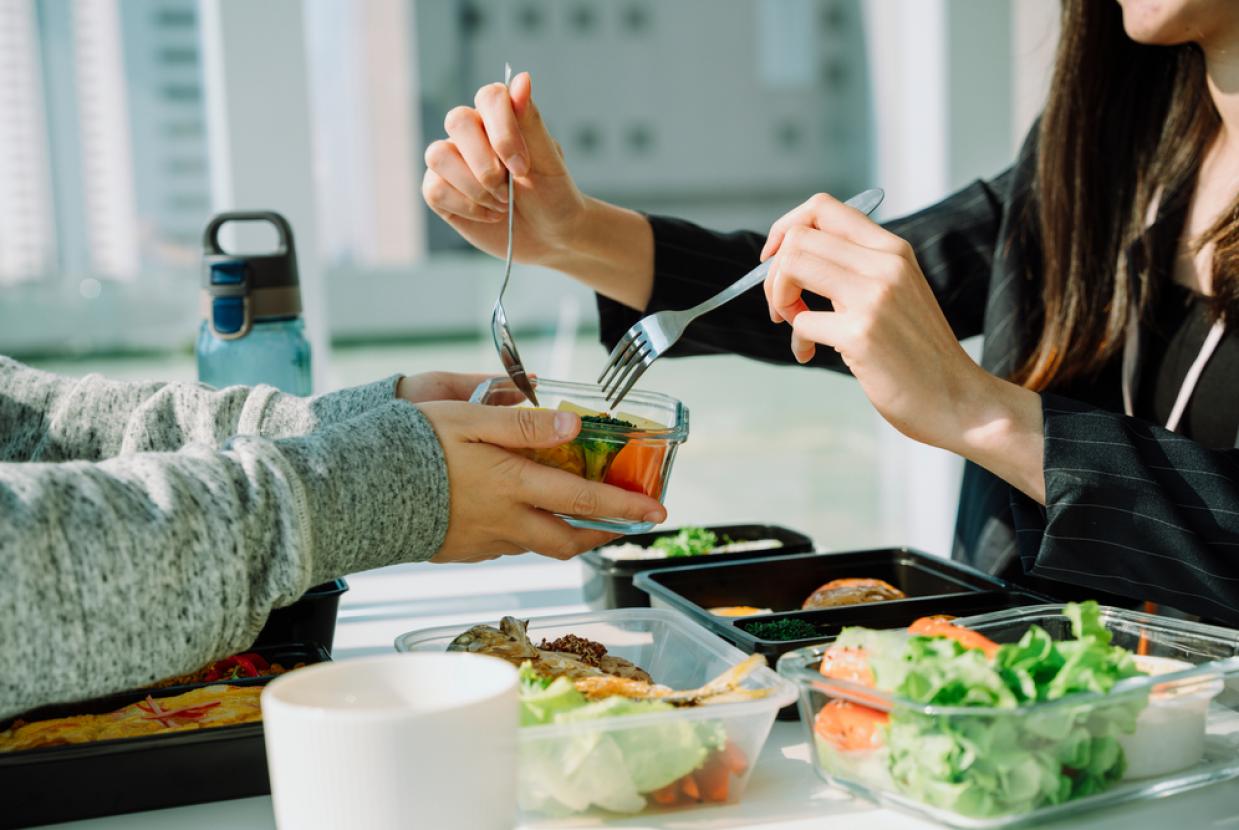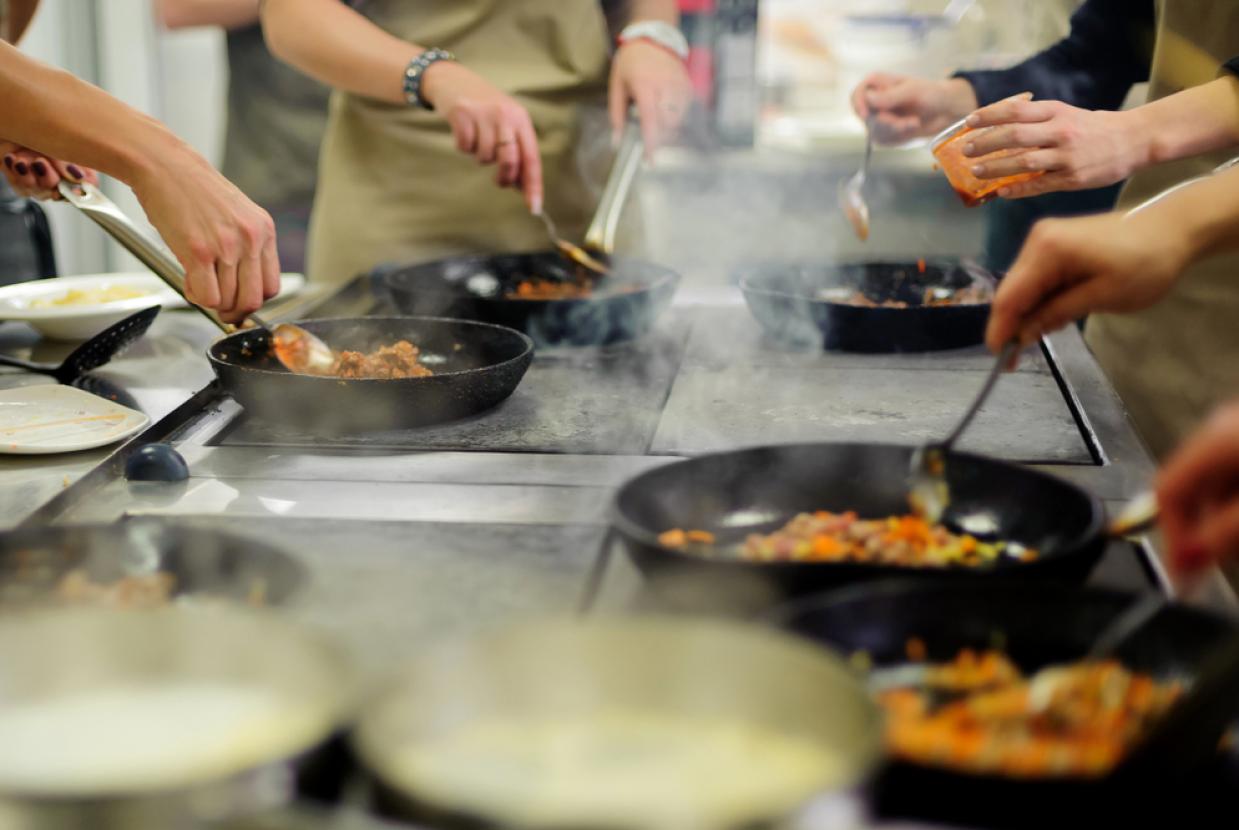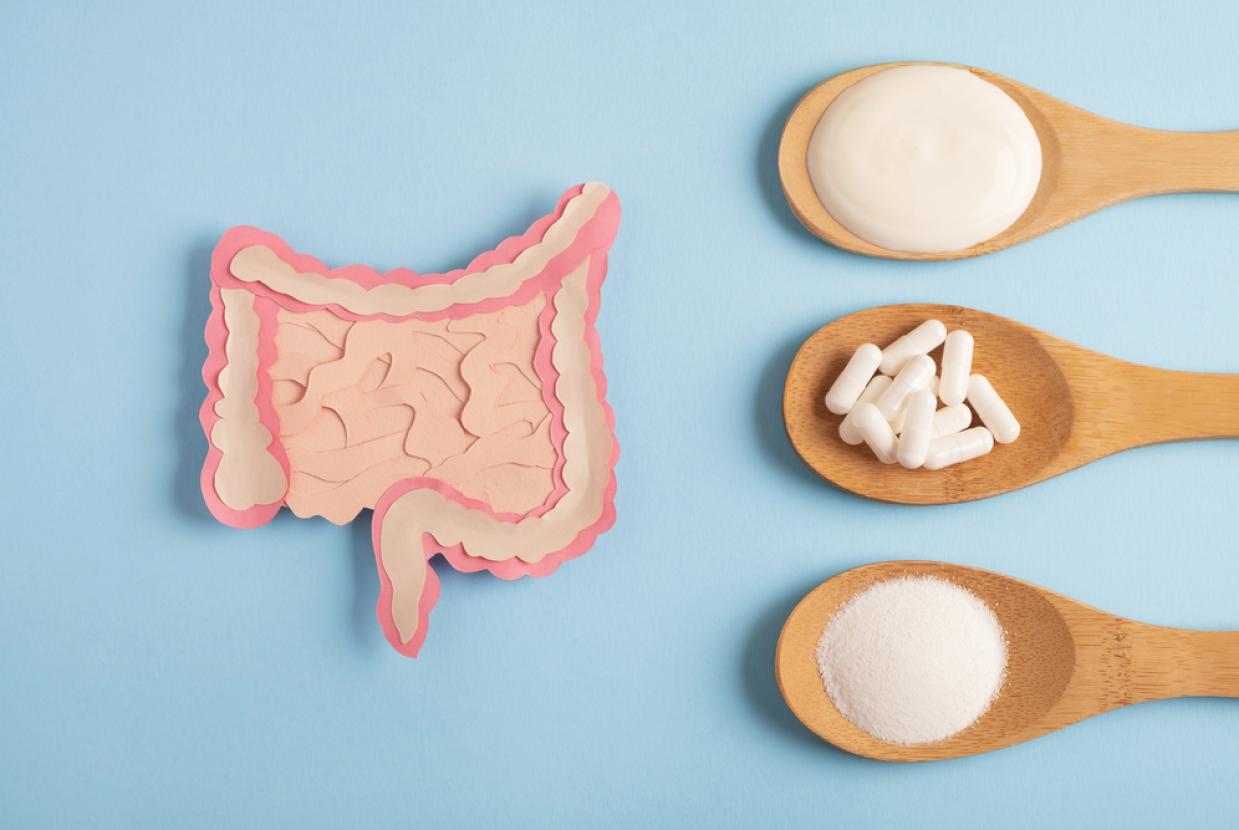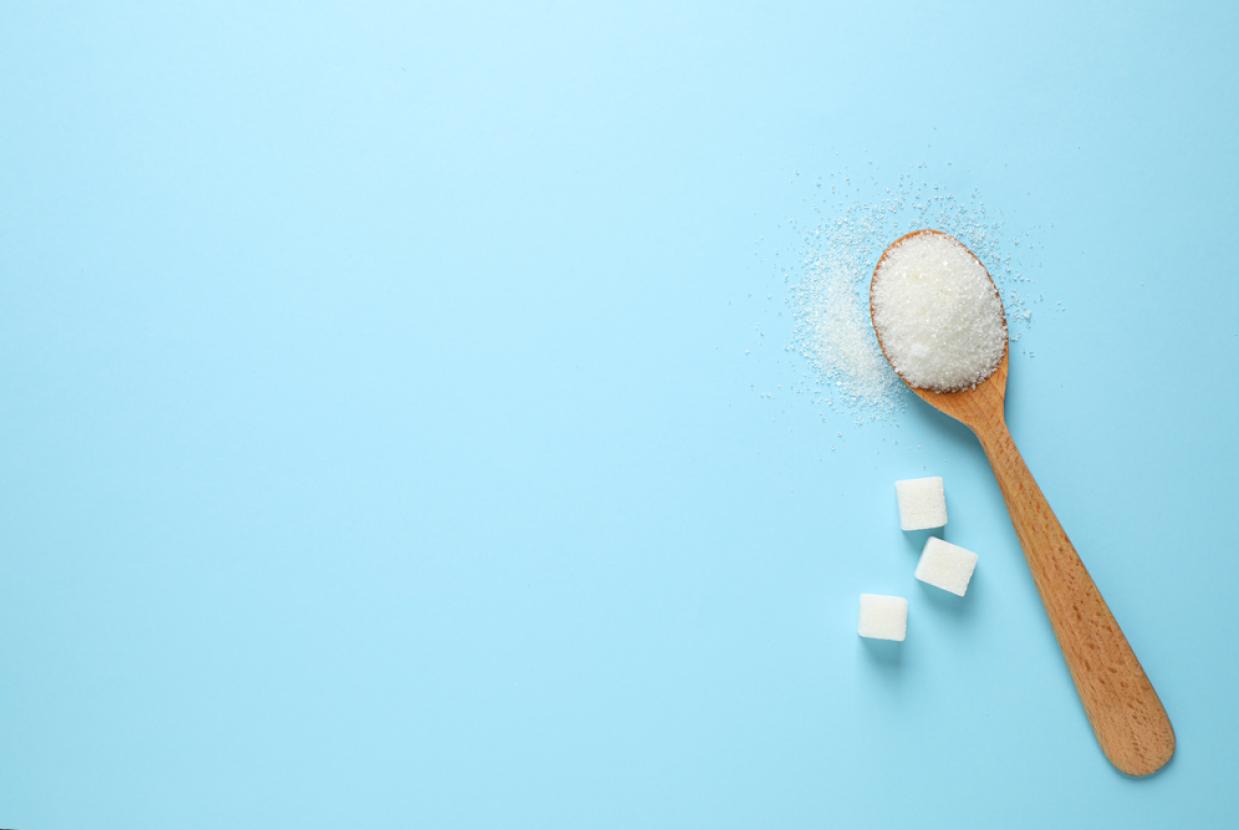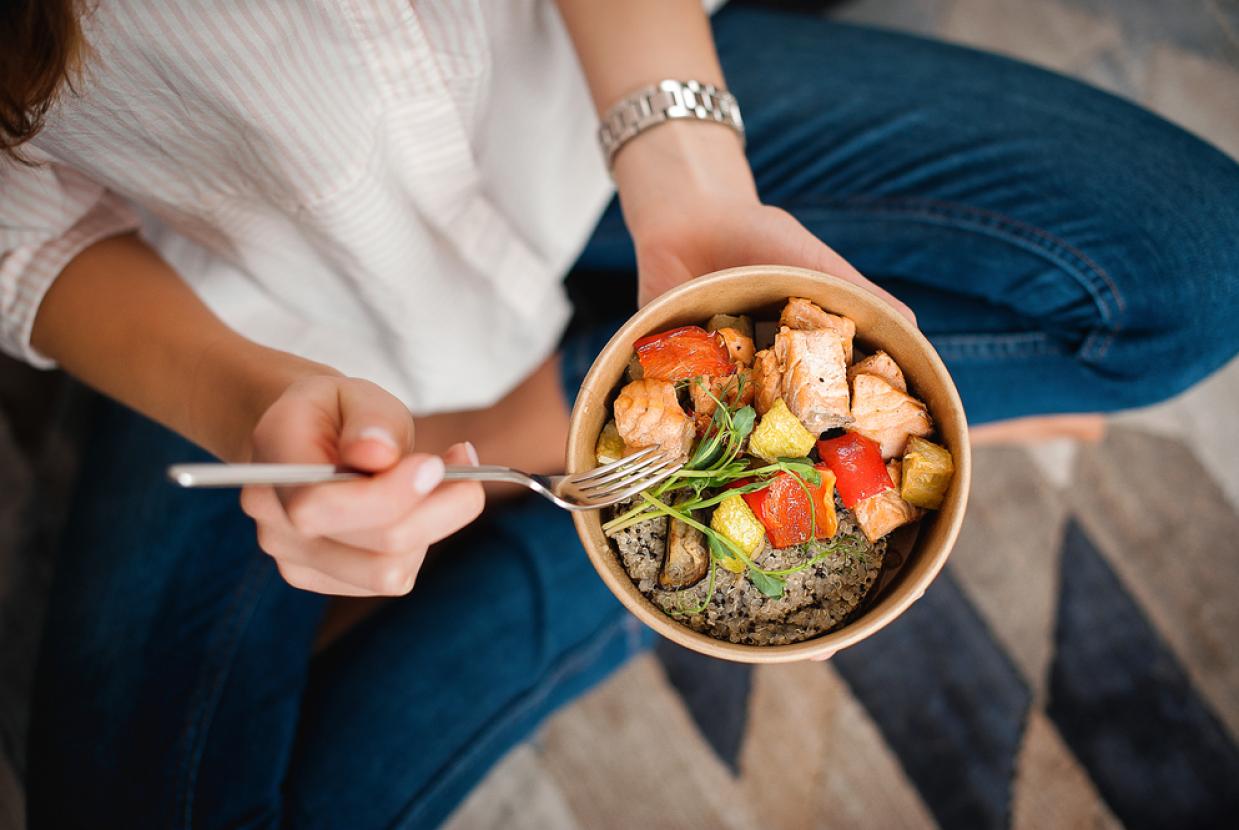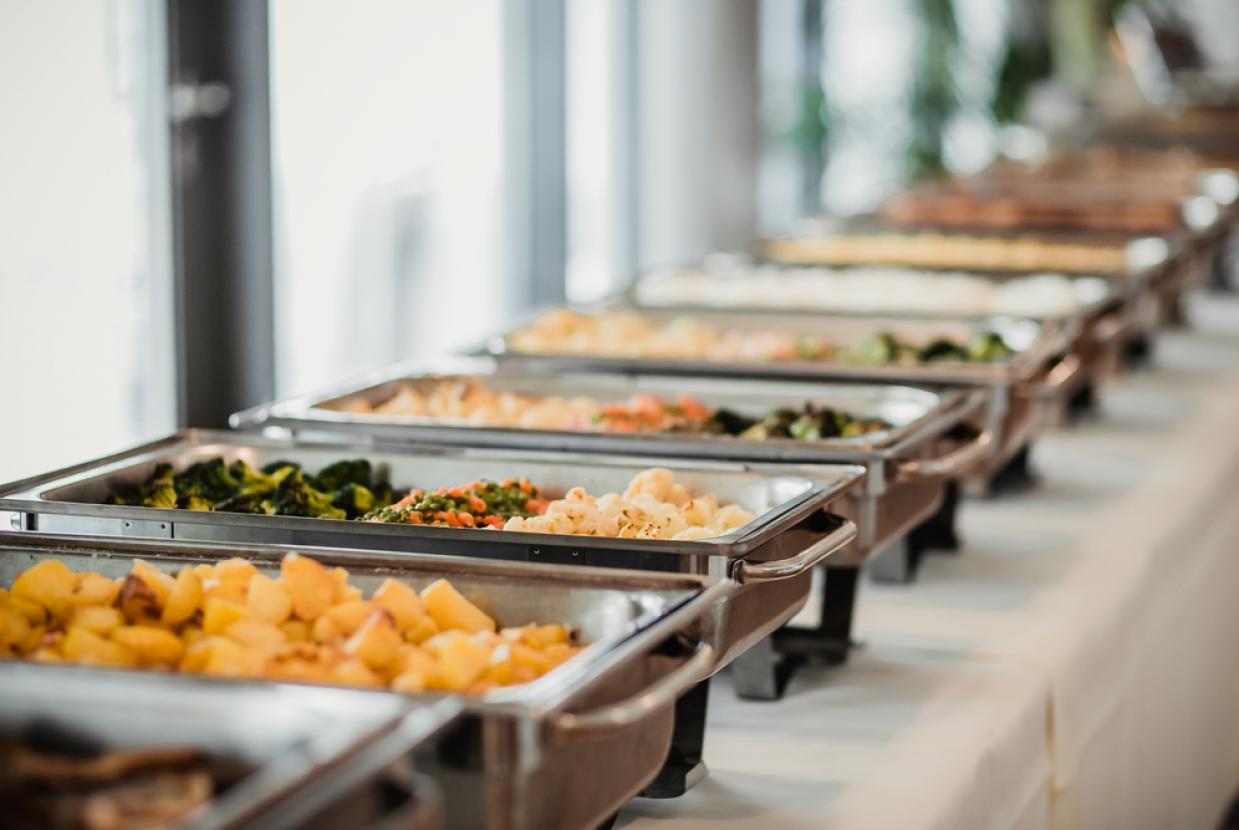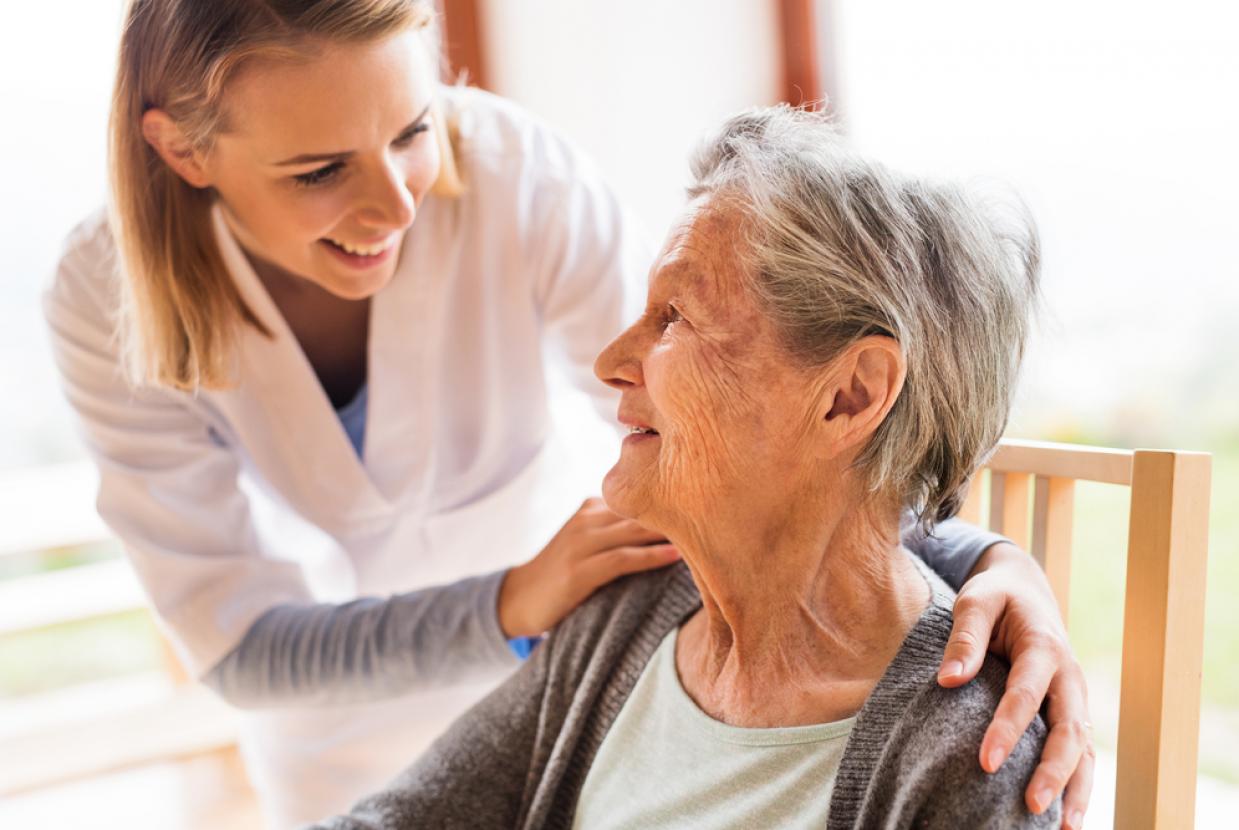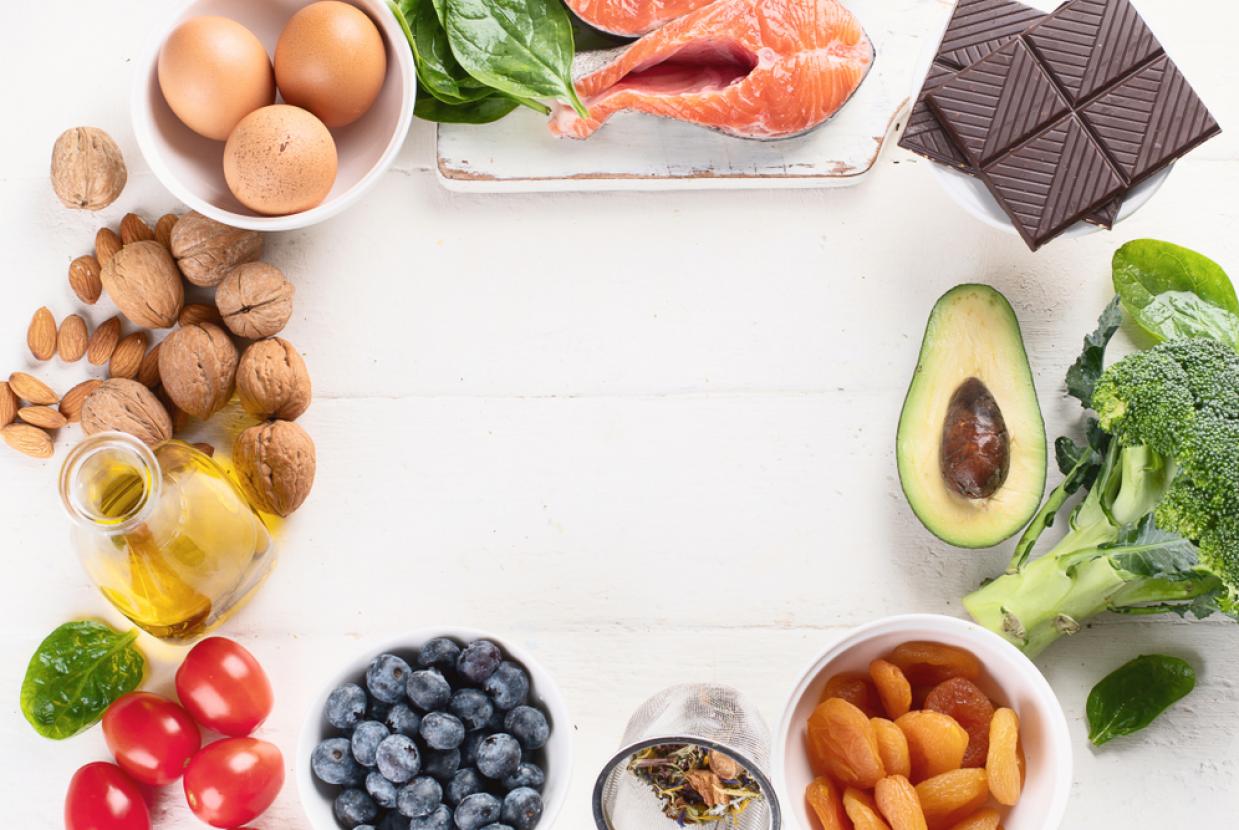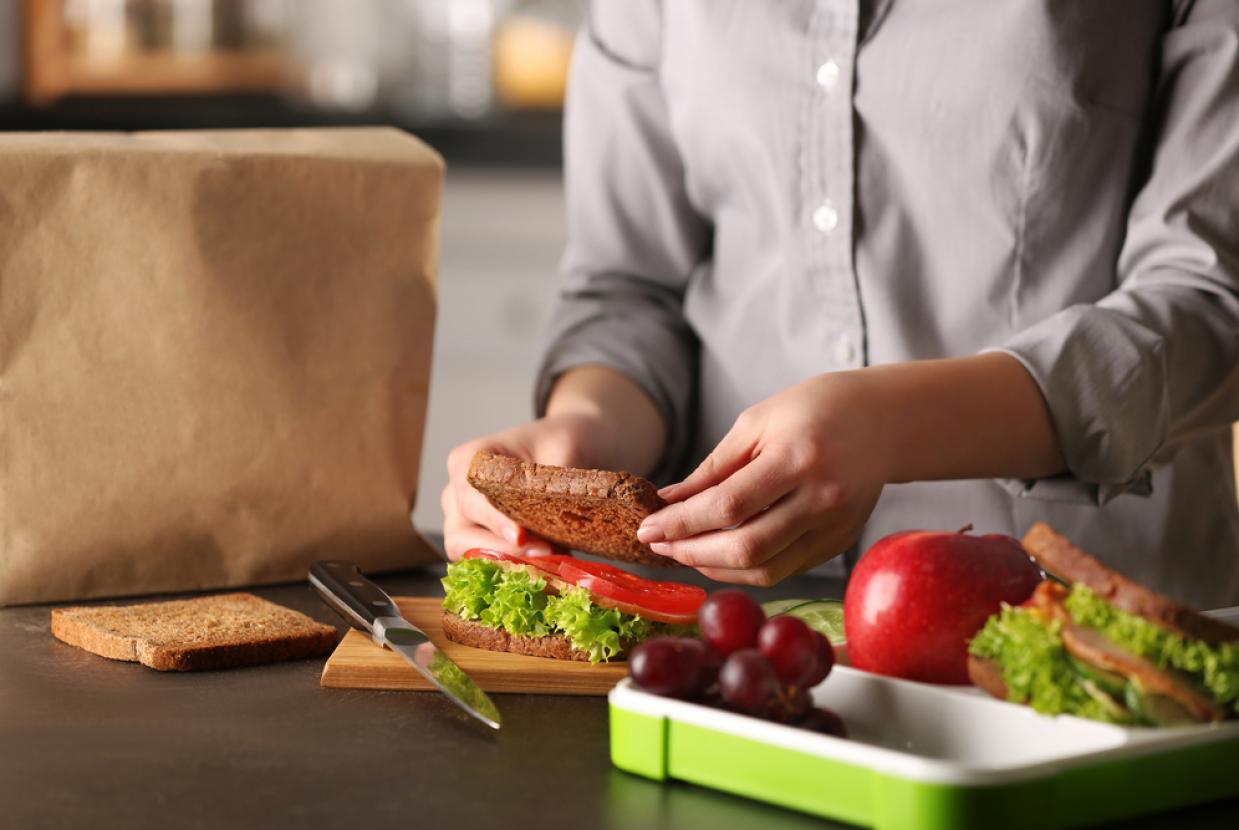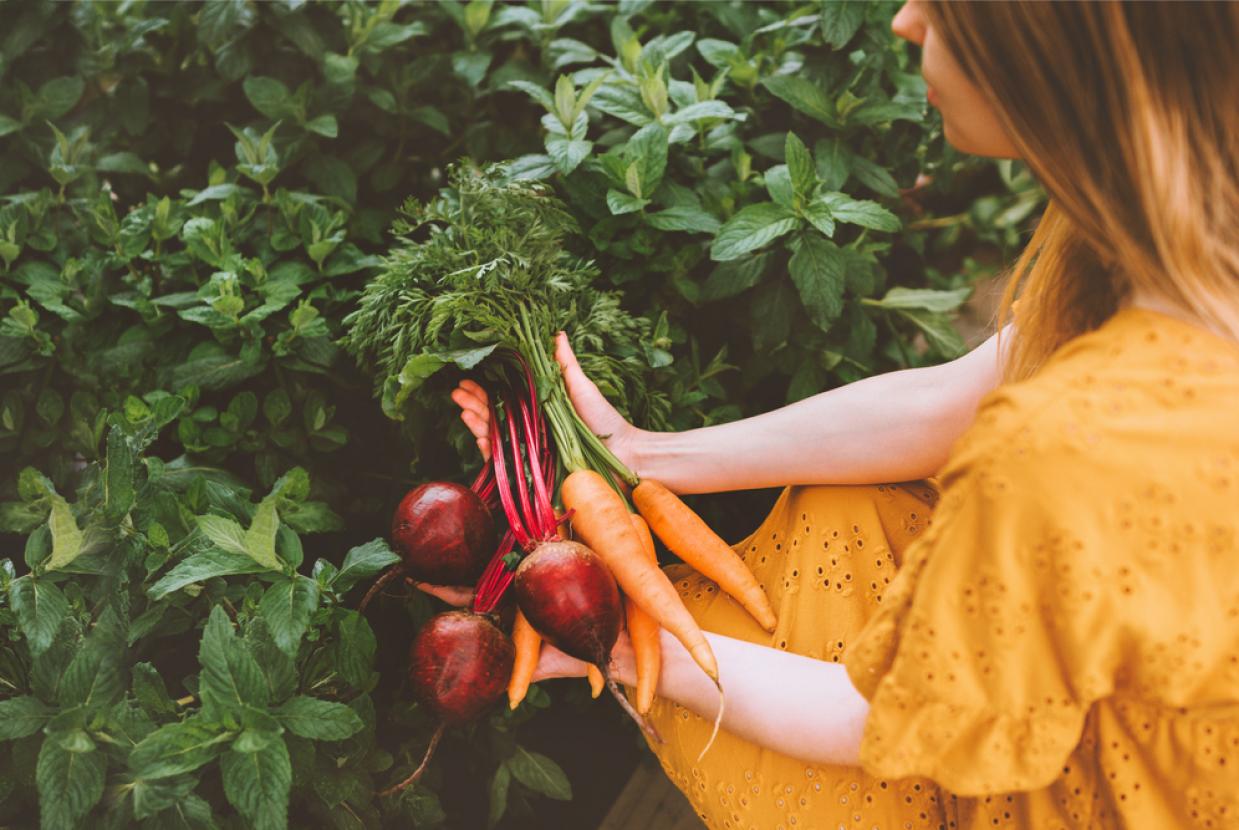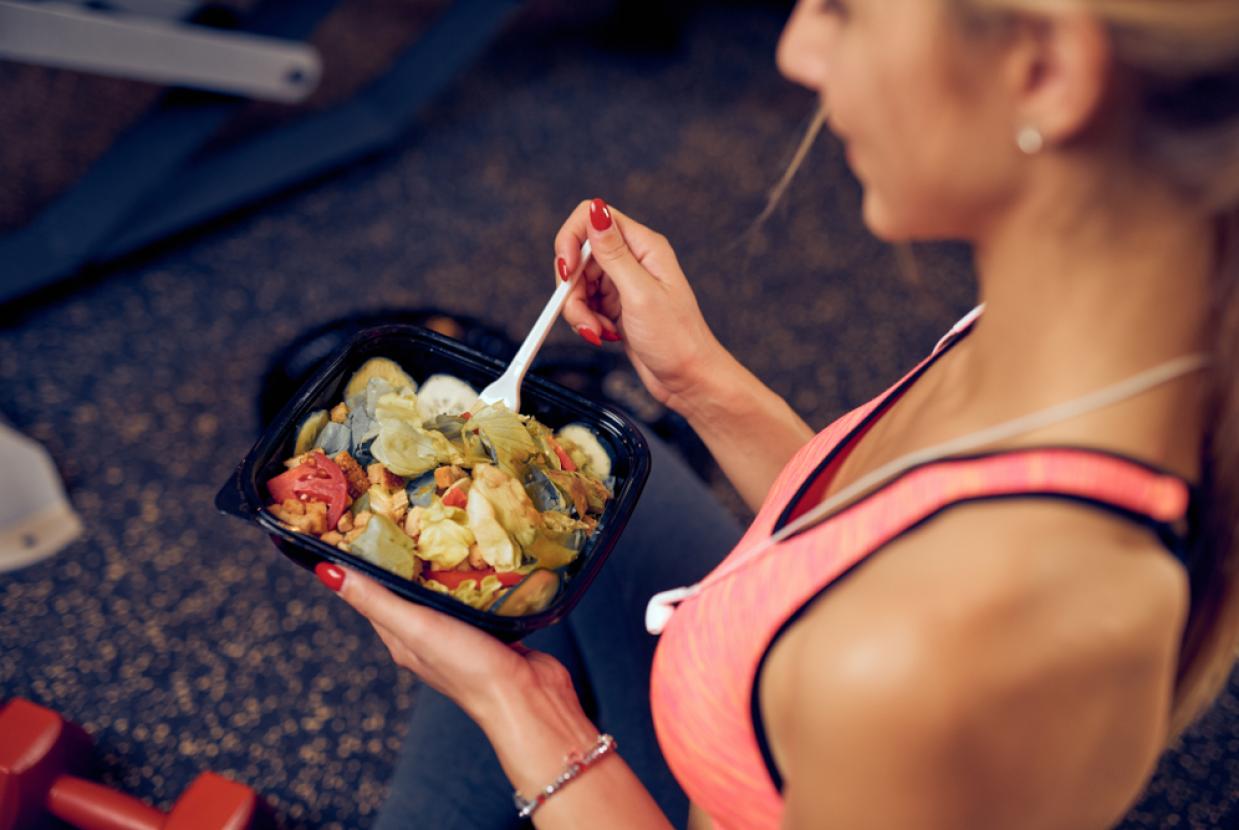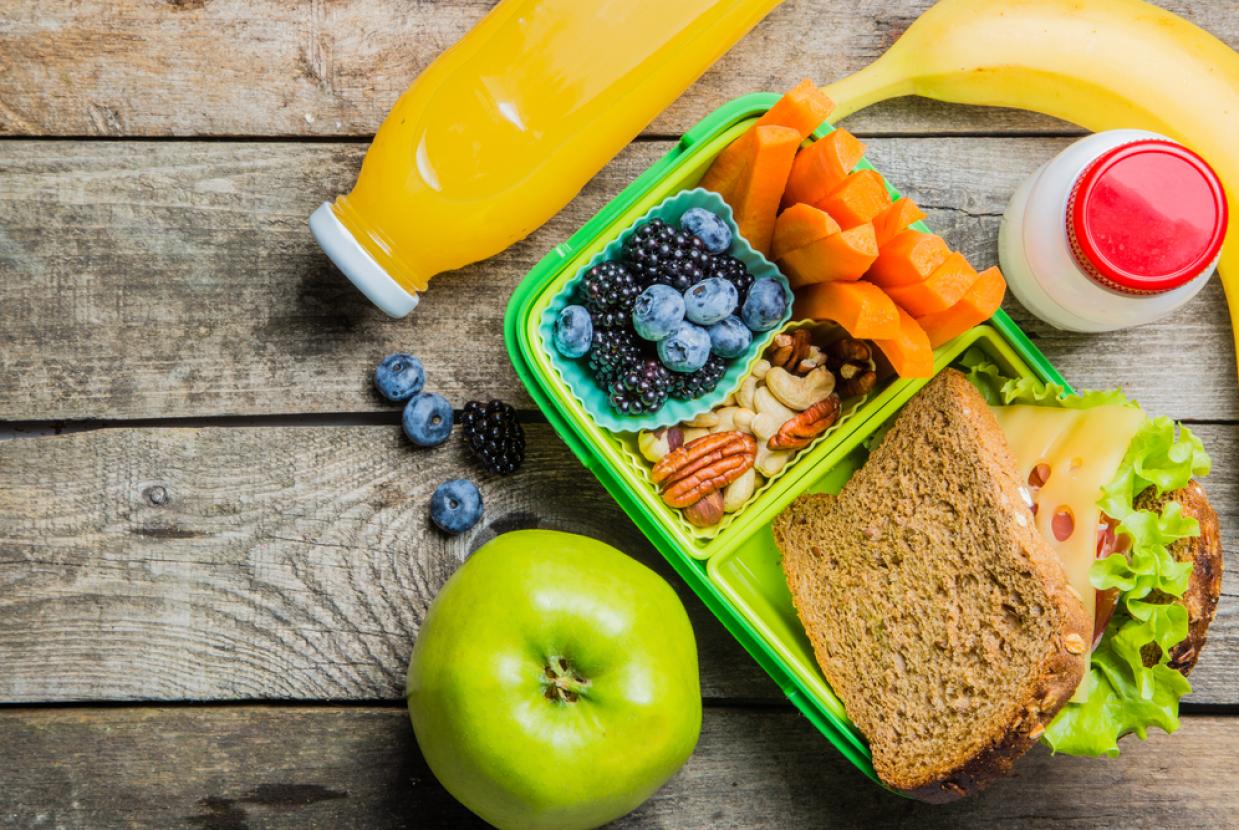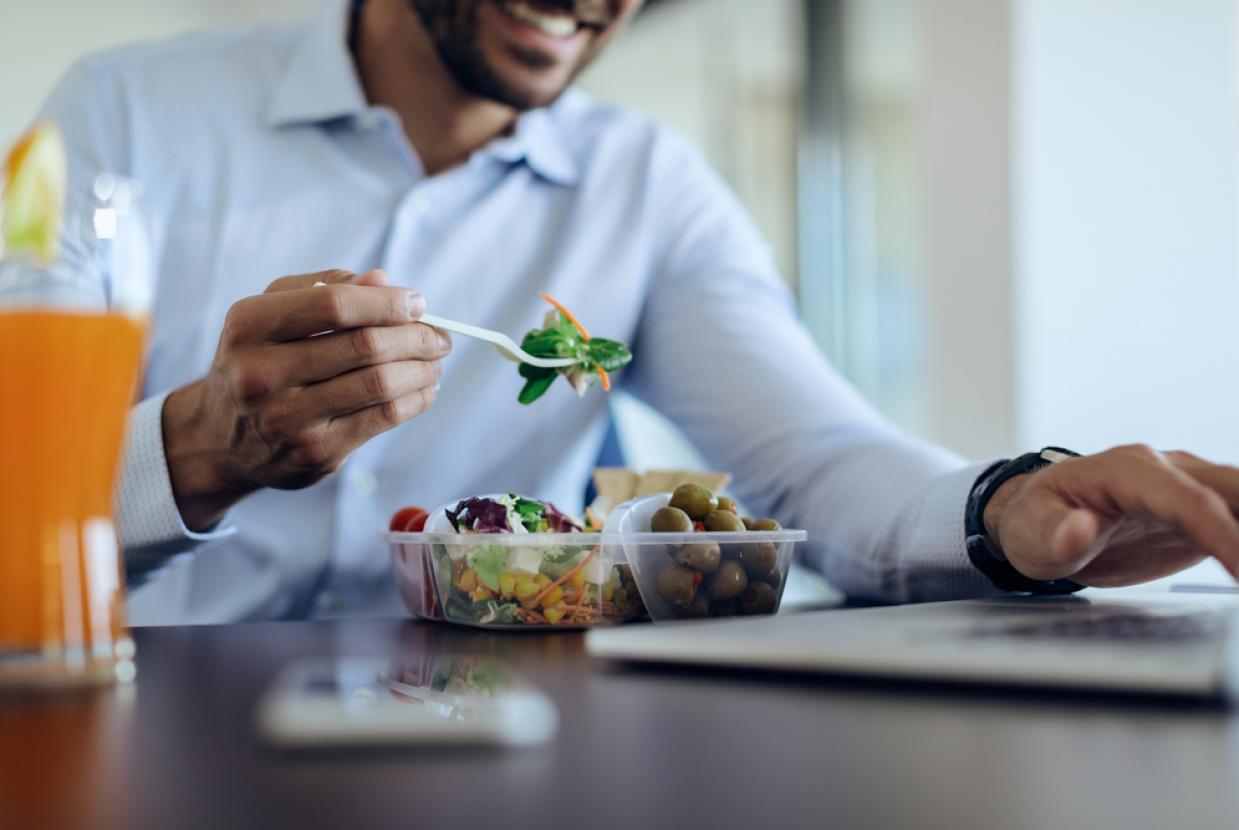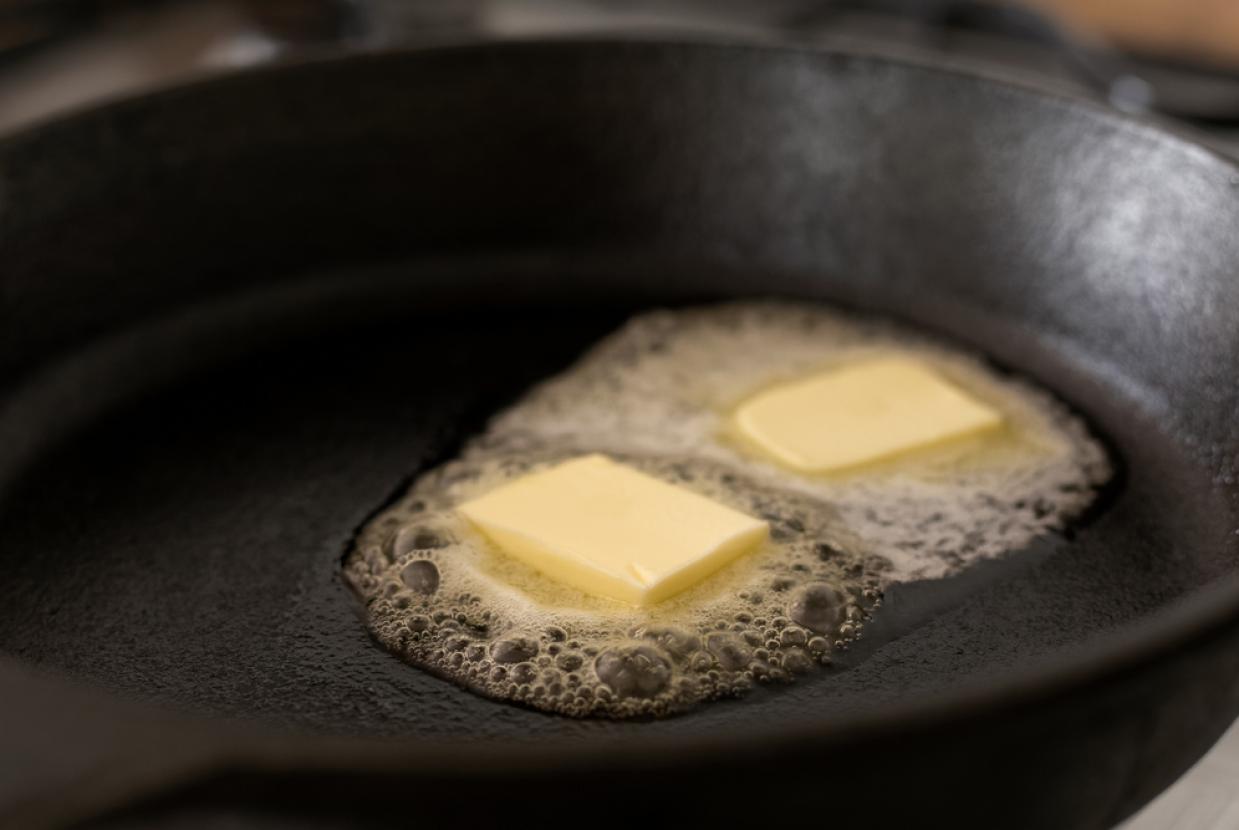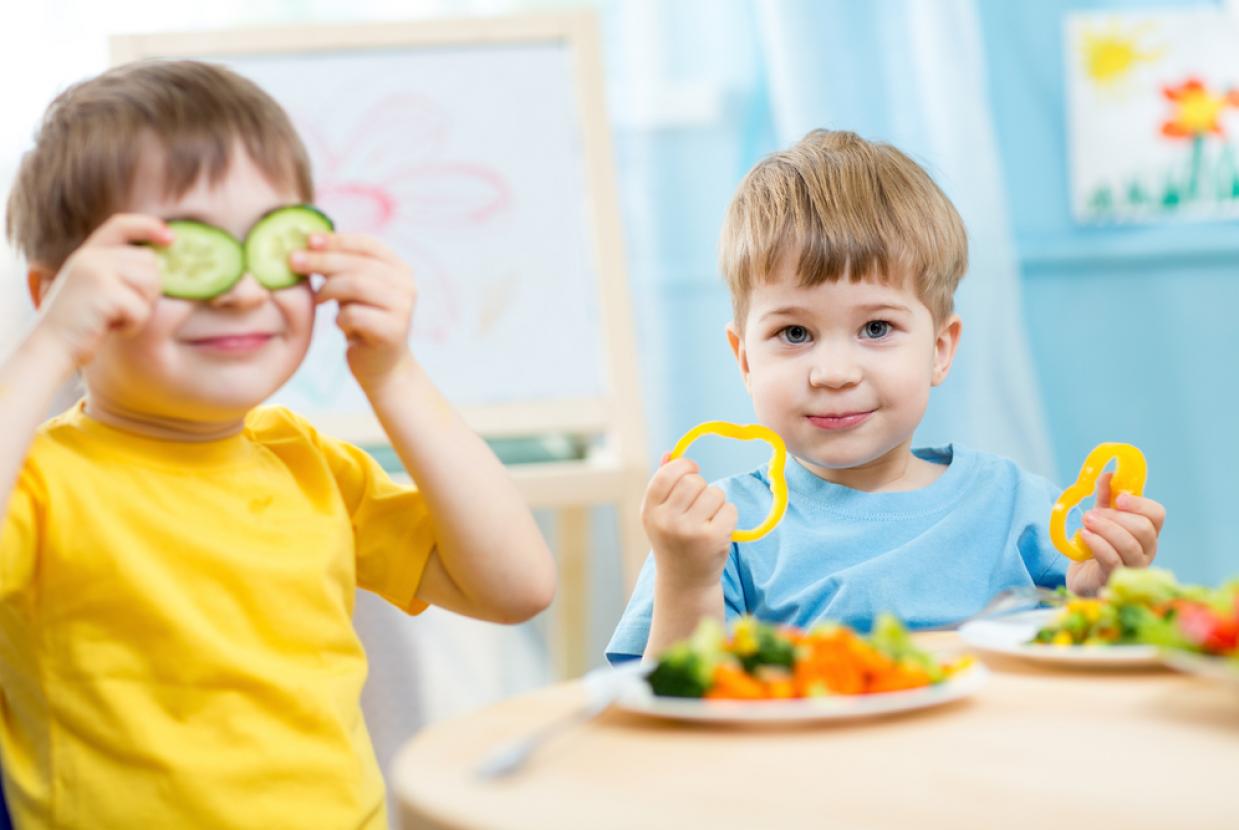Water, Drinks & Your Health
Healthy DietIt's easy to overlook, but choosing healthier drinks is a key part of getting a balanced diet. Many soft drinks, including instant powdered drinks and hot chocolate, are high in sugar.
Food and drinks that are high in sugar are often high in calories, and having too many calories can make you more likely to gain weight. Some energy drinks are high in both sugar and caffeine. Checking the nutrition labels on soft drinks such as fruit juices and fizzy drinks can help you make healthier choices.
The Eatwell Guide says we should drink 6 to 8 cups or glasses of fluid a day. Water, lower fat milk and sugar-free drinks, including tea and coffee, all count.
Drink plenty of water
Water is a healthy and cheap choice for quenching your thirst at any time. It has no calories and contains no sugars that can damage teeth. Plain tea, fruit tea and coffee (without added sugar) can also be healthy.
If you do not like the taste of plain water, try sparkling water or add a slice of lemon or lime or heat the water and infuse a tea bag, some coffee or a slice of lemon.
You could also add some no-added-sugar squash or fruit juice for flavour.
Drink semi-skimmed, 1% fat or skimmed milk
Milk is a good source of calcium, a mineral that helps build and maintain healthy bones. Read about dairy and alternatives in your diet. Milk also contains protein, vitamins and other minerals, and does not cause tooth decay.
For a healthier choice, choose semi-skimmed, 1% fat or skimmed milk. Limit your intake of flavoured milks, milkshakes, condensed milk and milk-based energy or malt drinks. These contain added sugar, which is bad for teeth.
Milk is particularly important for young children. They should drink whole milk until they're 2 years old because they may not get the calories they need from lower fat milks.
Cows' milk should not be given as a drink until a baby is 1 year old because it does not contain the balance of nutrients a baby needs.
From the age of 2, children can gradually move to semi-skimmed milk as a main drink as long as they're eating a varied and balanced diet and growing well.
Juices, smoothies and 5 A Day
Fruit and vegetable juices and smoothies contain a variety of vitamins and minerals. A 150ml glass of unsweetened fruit juice, vegetable juice or smoothie can count as a maximum of 1 portion of your recommended 5 daily portions of fruit and vegetables. Read more about what counts for 5 A Day.
In other words, limit the amount of fruit juice, vegetable juice or smoothie you have to no more than a combined total of 150ml a day (1 small glass). Have other types of fruit and vegetables for the other 4 (or more) portions.
This is because the sugars in fruit and vegetables are released when they're juiced or blended, making them "free sugars". Once released, these sugars can damage your teeth, especially if you drink juice or smoothies often.
The sugars found naturally in whole fruit and vegetables are less likely to cause tooth decay because the sugar is contained within the structure of the fruit. It's best to drink juice or smoothies with a meal because this helps reduce harm to your teeth.
Fizzy drinks, flavoured waters, and squashes with added sugar
Fizzy drinks, squashes and juice drinks can contain lots of added sugar and very few nutrients, so keep them to a minimum. Children should avoid them completely. Flavoured water drinks can also contain a surprisingly large amount of sugar, so check food labels before you buy.
Also beware of "juice drinks" as they may not have enough fruit in them to count towards your 5 portions of fruit and vegetables a day. A high sugar content means a drink is also high in calories, which can contribute towards you becoming overweight.
Cutting down on these drinks is a good way of reducing the number of calories you consume while not missing out on any nutrients. Likewise, getting children to drink fewer sugary drinks is a good way of limiting the amount of sugar they consume.
Children who drink a lot of sugary drinks are more likely to become overweight. The added sugar in these drinks also means they can damage teeth. If you do have sugary or fizzy drinks, drinking them with meals can help reduce the damage to teeth.
The best drinks to give children are water and milk. If you or your children like fizzy drinks, try diluting fruit juice with sparkling water instead. Remember to dilute squashes well to reduce the sugar content in the drink.
Caffeinated drinks
Caffeine is a stimulant. Drinks containing caffeine can temporarily make us feel more alert or less drowsy. Caffeine affects some people more than others, and the effect can depend on how much caffeine you normally consume.
Pregnant women should limit their intake of caffeinated drinks because of the caffeine content. Caffeinated drinks are also unsuitable for toddlers and young children.
Drinks that contain high amounts of caffeine include coffee, tea, colas and energy drinks.
Tea and coffee
It's fine to drink tea and coffee as part of a balanced diet. Bear in mind, though, that caffeinated drinks can make the body produce urine more quickly. Some people are more susceptible to this than others, but it also depends on how much caffeine you have and how often you have it.
If you have urinary incontinence, cutting down on caffeine by changing to low-caffeine tea and coffee, fruit or herbal teas, or other types of drinks can sometimes help.
If you drink tea or coffee with sugar or you have flavoured syrups in your coffee-shop drinks, you could be unwittingly damaging your teeth and adding unhelpful calories to your diet.
A wide variety of tablet or granular artificial sweeteners are available and are safe to consume in hot drinks. But many people who choose to cut out sugar from their hot drinks soon become accustomed to the taste.
Energy drinks and caffeine
Energy drinks often contain high levels of caffeine and are often high in sugar (calories). They may also contain other stimulants, and sometimes vitamins and minerals or herbal substances.
The caffeine levels in these drinks vary, but there's often around 80mg of caffeine in a small 250ml can. This is the same as 2 cans of cola or a small mug of coffee.
Caffeine during pregnancy
Pregnant women should have no more than 200mg of caffeine a day. One mug of instant coffee contains around 100mg of caffeine. High levels of caffeine can result in babies having a low birth weight, which can increase the risk of health problems in later life. High caffeine levels might also cause miscarriage.
Check the labels of energy drinks as they often say the drink is not suitable for children or pregnant women.
Sports drinks
Sports drinks can be useful when you're doing high-level endurance sports and need an energy boost. But they're no different from any other sugary soft drinks, which means they're high in calories and contribute to tooth decay.
Unless you're taking part in high-level endurance sports, water is the healthier choice and the best way to replace fluids lost through exercise.





